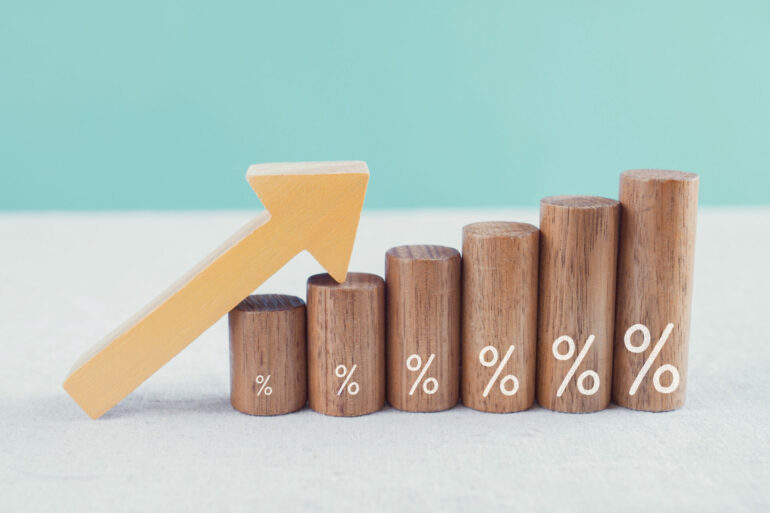The monthly cost of repaying a mortgage has seen the second largest annual spike, with only the cost of energy bills increasing at a greater rate, according to research by Revolution Brokers.
Revolution Brokers analysed the annual increase in several household costs, including energy bills, mortgage payments, water and food and drink, all in order to reveal which area is putting the most financial pressure on British households.
The research shows that the soaring price of energy continues to place the greatest strain on households – as in 2021, the average household was paying an annual bill of £1,277, but this has since climbed to £1,971 at an increase of 54% (£694 per year).
Almas Uddin, founding director of Revolution Brokers, said: “Much of the focus around the current cost-of-living crisis has been on the soaring cost of our energy bills, and for good reason.
“Not only have they seen by far the most drastic increase, the intended energy cap increase due next month will see this cost climb even higher.
“However, it’s our mortgage commitment that remains by far the most substantial household outgoing and this cost has also been increasing since the first base rate hike back in December of last year.”
While the initial cost of climbing the ladder via a 15% mortgage deposit has increased by just 8% year on year, the financial commitment of borrowing to buy a property has seen the second largest increase.
A year ago, the average buyer purchasing with a standard variable rate mortgage with an 85% loan to value was paying £13,921 per year.
With interest rates climbing since December 2021, this annual cost now sits at £16,629 per year having increased by 19%, the second largest increase of all household outgoings.
Not only is the average mortgage repayment by far the largest financial commitment, but homebuyers are also now paying £2,709 a year more than they were in 2021.
In contrast, those living within the rental sector have seen the annual cost of renting increase by just 9%, up from £12,636 per year to £13,716.
Uddin added: “While [mortgage costs] may have increased at a lower rate in percentage terms, this equates to a sizeable jump in pounds and pence and with the Bank of England announcing another notable interest rate increase […] this cost is only going to grow.”




